Brisbane Cost of Living: A Complete Breakdown
If you’re looking for somewhere to live in Australia, it’s hard to look past the sunny city of Brisbane.
Brisbane is a vibrant centre for arts, culture, and dining, that exudes a laid-back charm. With its breathtaking natural beauty, constant clear blue skies, and a subtropical outdoor lifestyle, the city is an urban metropolis that embraces a relaxed atmosphere.
The Queensland capital also sits 16th for Most Liveable Cities according to the Global Livability Index, behind sibling cities Melbourne and Sydney (3rd & 4th).
With such a reputation, it’s quick to assume the living costs could quickly skyrocket, yet the average costs may surprise you when placed next to the aforementioned “higher ranking” cities. Let’s dive into the costs an average Brisbanite would pay for your everyday essentials.
For more information on the Cost of Living in Australia, check out our article here. If you’re curious about how the other states stack up, check out our articles about Melbourne & Sydney too!
Connect Utilities In Under 8 Minutes!
Get connectedIs Brisbane Expensive?
With Brisbane ranking 16th out of 173 major cities in terms of livability in the living index, the immediate thought of a high cost of living would come to mind.
According to Mercer’s 2023 Cost of Living City Ranking, Brisbane is the 82nd most expensive city in the world, trailing slightly behind Melbourne at 71st and Sydney at 56th to be Australia’s third most expensive city.
Weighing up the high livability ranking to the lower cost of living, the capital of Queensland looks to be pretty cheap at face value before summing up additional living expenses. Including several costs ranging from rent to utilities and even groceries will showcase a clear picture Australians can use to surmise if the sunny city is for them.
Housing/Rent Costs
If you’re looking to calculate living costs, the first place to look is the place you’re living in! Whether you’re buying or renting, the cost of your home will take priority in your wallet as the cost will likely be the highest out of any living expense.
Costs can follow a general rule for housing, where the closer the property is to the Brisbane city CBD, the higher the average cost for the home will be.
The average cost will also depend on the size of the property you’re looking to live in, as a 1-bedroom apartment in the CBD won’t cost the same as a 3-bedroom apartment in the suburbs. To sum up, regarding the average per size of the accommodation, check out the rent averages below, provided by Muval.
| Type of Accommodation | Average cost per week | Average cost per month |
|---|---|---|
| City Centre, 1-bedroom apartment | $427.65 | $1,858.22 |
| City Centre, 3-bedroom apartment | $708.90 | $3,080.36 |
| Suburban/Regional, 1-bedroom apartment | $305.46 | $1,327.30 |
| Suburban/Regional, 3-bedroom apartment | $474.14 | $2,060.27 |
Evidently, you’ll be spending much more living in the city than you would in the suburbs, as a 3-bedroom apartment regionally costs just slightly more than a 1-bedroom apartment in the city!
If we’re looking at the median costs between city and suburb, below is a more definitive average for cost.
| Location | Average cost per metre squared |
|---|---|
| Brisbane CBD | $8,124.24 |
| Suburban/Regional | $5,232.63 |
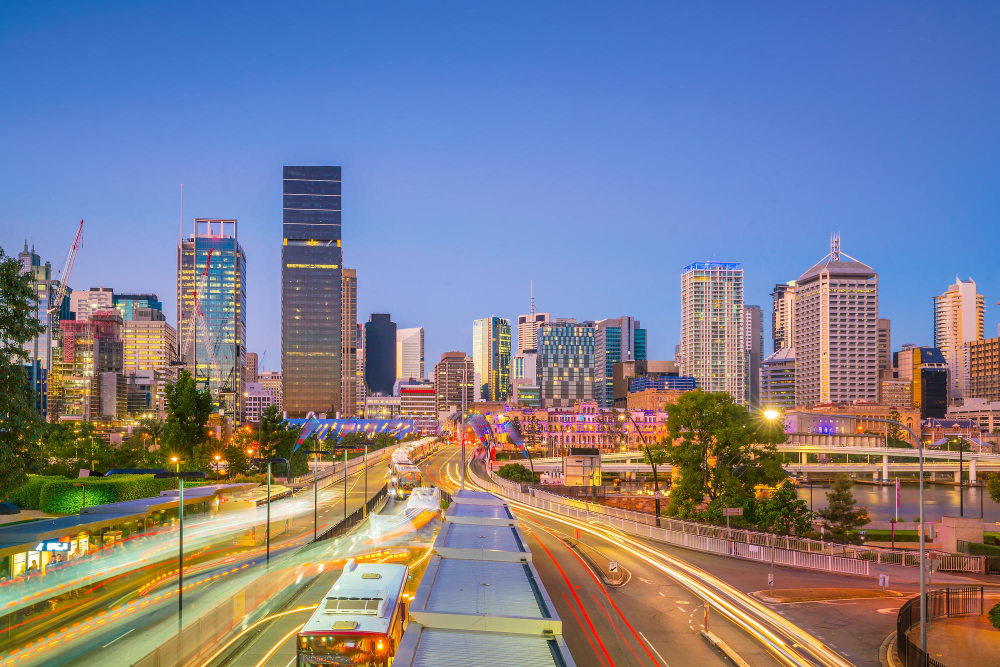
Slower Rent Increase
Compared to Sydney & Melbourne, Brisbane has a slower annual rent increase when comparing Median house rent (Sydney +10.8%, Melbourne +17.0% & Brisbane +7.3%)
Cost of Utilities
With housing expenses addressed, let’s focus on another topic we’re well-acquainted with—utilities!
The expenses for utilities may fluctuate based on your chosen service provider, the household size, and the specific amenities required.
Regarding Brisbane’s monthly costs, you can refer to the average utility prices outlined below, sourced from Canstar Blue research conducted in December 2022.
| Utility | Average Monthly Cost | Average Quarterly Cost |
|---|---|---|
| Electricity | $92 | $276 |
| Gas | $56 | $168 |
| Internet | $76 | $238 |
| Water | $80 | $240 |
Electricity is the priciest utility expense, a common trend throughout Australia. While gas maintains its status as the most budget-friendly utility in Brisbane, its average cost is lower than most states except for Western Australia.
Fortunately, thanks to the implementation of the National Broadband Network (NBN), internet expenses are relatively consistent across Australia, ranging from $70 to $95 across different states.
Water costs in Queensland are the highest in any state, spending an extra $10 a month on average to the rest of the country. Fortunately for Brisbane residents, there’s no need to handle their water connection, unlike their counterparts in Victoria!
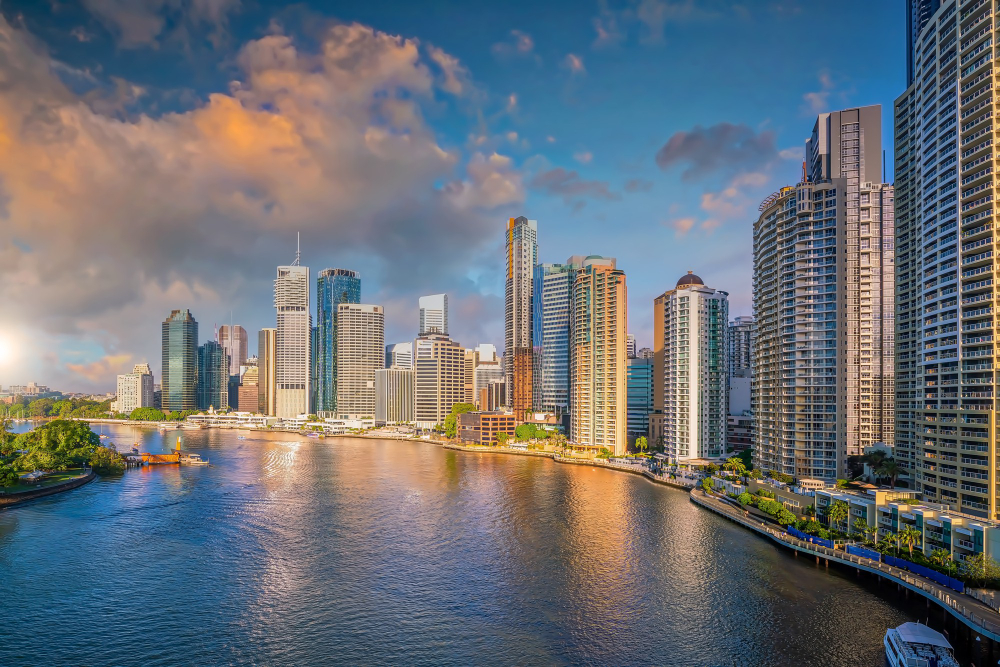
Additional Expenses
Housing and utility expenses typically follow a straightforward pattern in their average calculations, simplifying the overall cost estimation. Nevertheless, these are not the sole factors to consider when gauging the cost of living in the city centre of Queensland.
These additional expenses can range from the largest necessities, like healthcare, to the smallest treats, like grabbing a cappuccino from a cafe before work or heading to the Nike store for a new pair of running shoes!
An essential aspect to account for is transportation, which constitutes a significant daily living expense. This encompasses costs related to car ownership, such as fuel and maintenance, as well as budgeting for public transport fares by topping up your Go Card for city-wide commuting.
Transport
Brisbane has an integrated public transport system that includes buses, trains, and ferries, operated by TransLink. The cost of public transport in Brisbane is typically based on zones and the mode of transportation. The zones are divided into concentric circles radiating out from the city centre, with different fares for travel within or across zones.
Regarding expenses, the fare structure is based on zones, and the cost increases as you travel across more zones. For example, a journey within one zone may cost less than a journey that crosses multiple zones.
There are discounted ticket options, as off-peak travel will typically cost less, and concession fares are available for eligible groups, such as students, seniors, and pensioners. In addition to the Go Card, you can purchase paper tickets for single journeys, which are generally more expensive than using the Go Card.
Assuming a daily round-trip commute using public transportation (bus, train, or ferry) within a single fare zone, the average monthly cost might range from $80 to $120 AUD. This estimate considers the cost of daily tickets and assumes regular weekday commuting.
Brisbanites also spend an average of $188.72 per month filling up their cars with petrol (and that’s not assuming you’re driving up to the Gold Coast every weekend!)
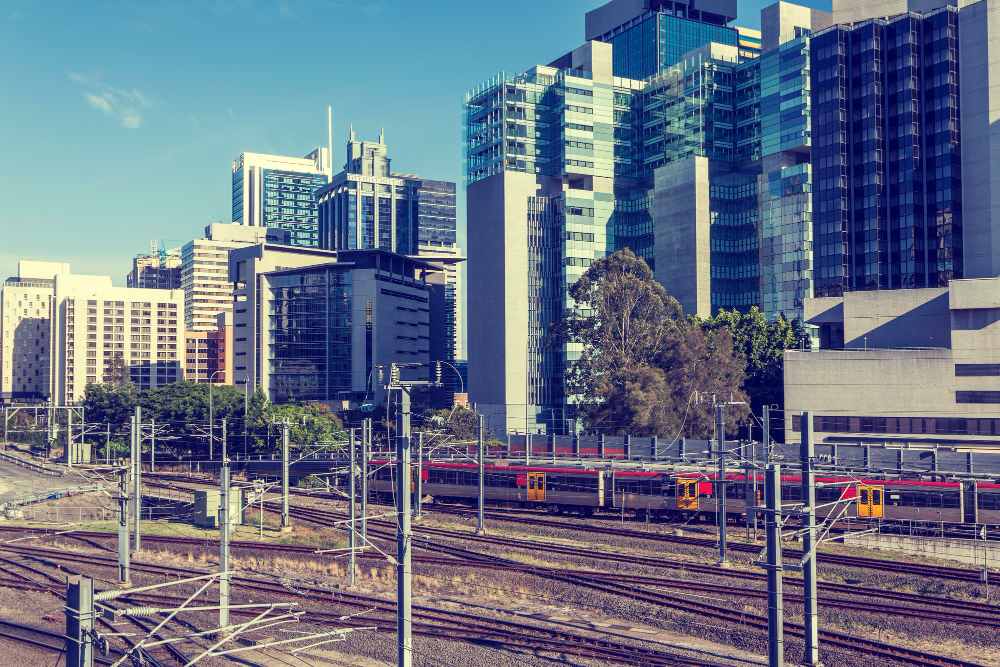
Groceries
The monthly cost of groceries in Brisbane, as in any city, can vary based on individual eating habits, dietary preferences, family size, and where you choose to shop. Additionally, factors such as whether you buy in bulk, choose generic brands, or purchase specialty items can impact the overall cost.
A rough estimate for a single person’s monthly grocery bill in Brisbane on average is approximately $170 (not including personal care items or any household cleaning products). For a family, the cost could be significantly higher ($400-800), depending on the number of family members.
Overall, grocery costs can vary from person to person depending on lifestyle. A single person heading to a grocery chain store to grab some white bread and chicken breasts for dinner will likely spend a different amount than a family snagging a family combo meal from McDonalds!
Cost of Living Breakdown
Now that we’ve gone into all the major costs and expenses of day-to-day life, we can start to calculate the average costs an individual living in Brisbane may face in a month. This table won’t nail an individual person’s spending habits, as there are additional factors for each person (gym memberships, health insurance, mobile phone costs, childcare, personal care, etc.)
| Expense | Average Monthly Cost in Sydney |
|---|---|
| Rent | $2,081 |
| Electricity | $92 |
| Gas | $56 |
| Internet | $76 |
| Water | $80 |
| Groceries | $567 |
| Transport | $188 (Fuel), $156 (Public Transport) |
| Total Cost | $3,140 ($3,296 incl. Public Transport) |
If you’re looking to move to Brisbane or even just browsing to see how much it costs to live there, you may need to sort out your utilities! Should that be the case, give us a call at 1300 854 478 or use the Get Connected form here! If you’re unsure about using a utility connection company, hopefully, this post here can assist you.



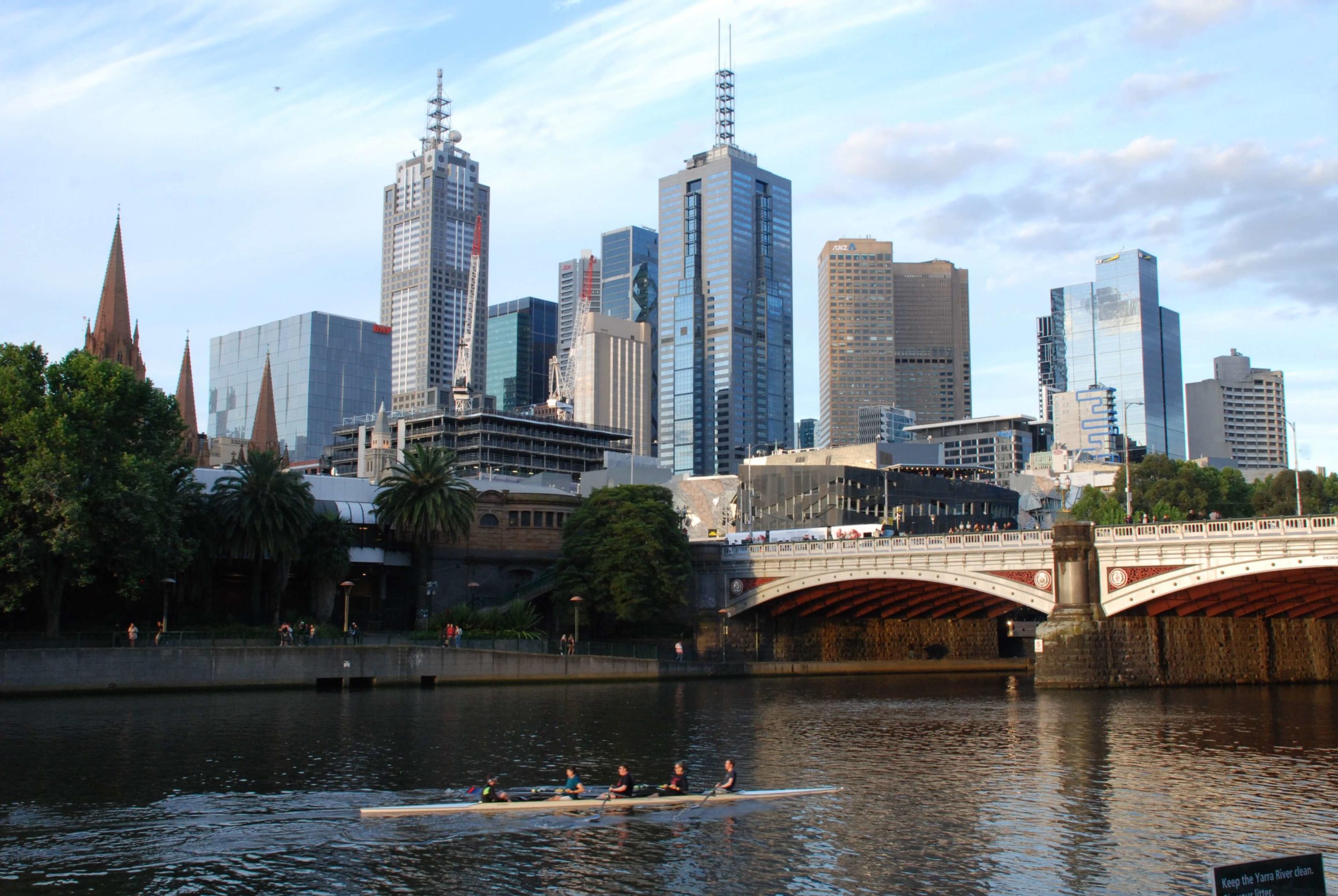
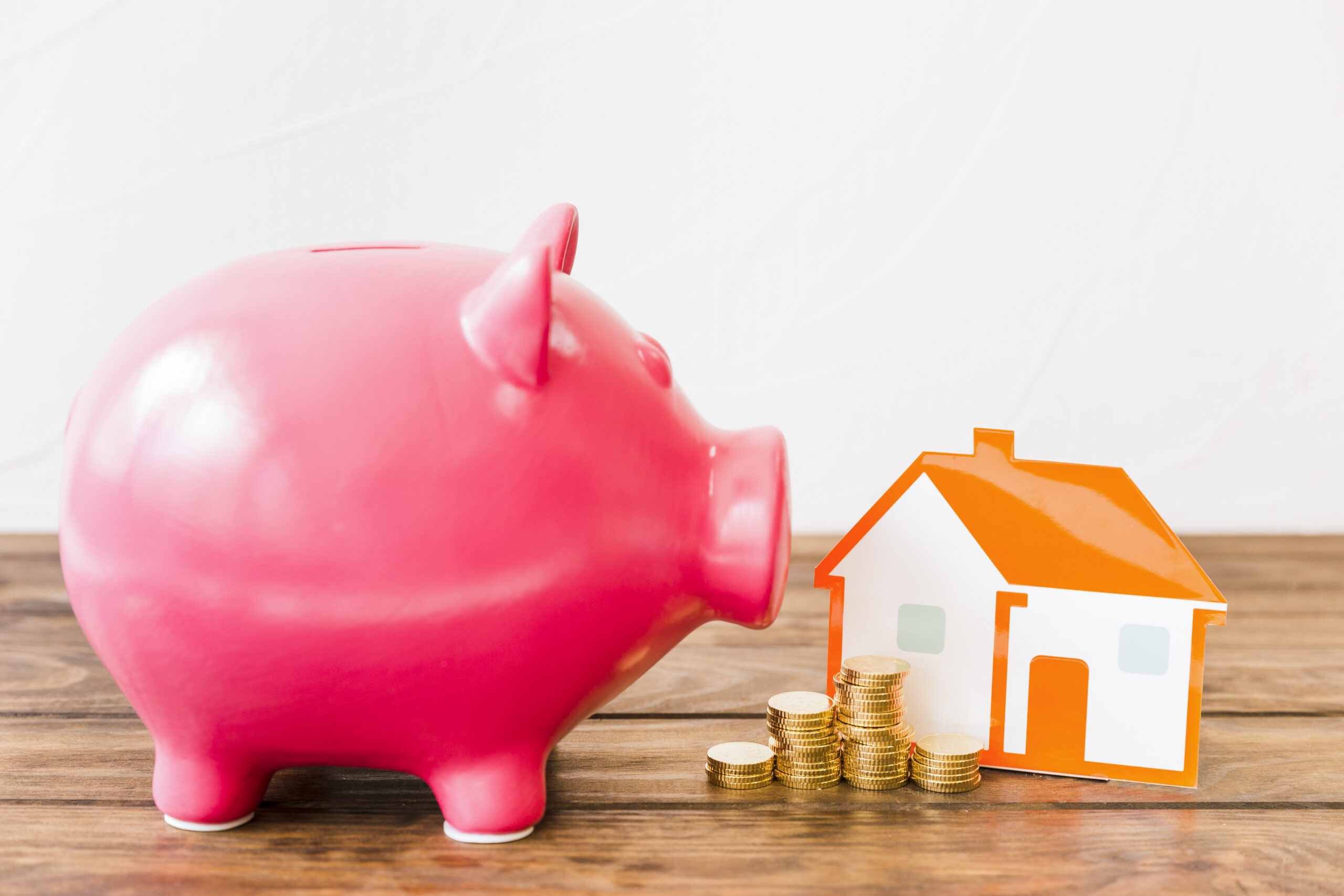
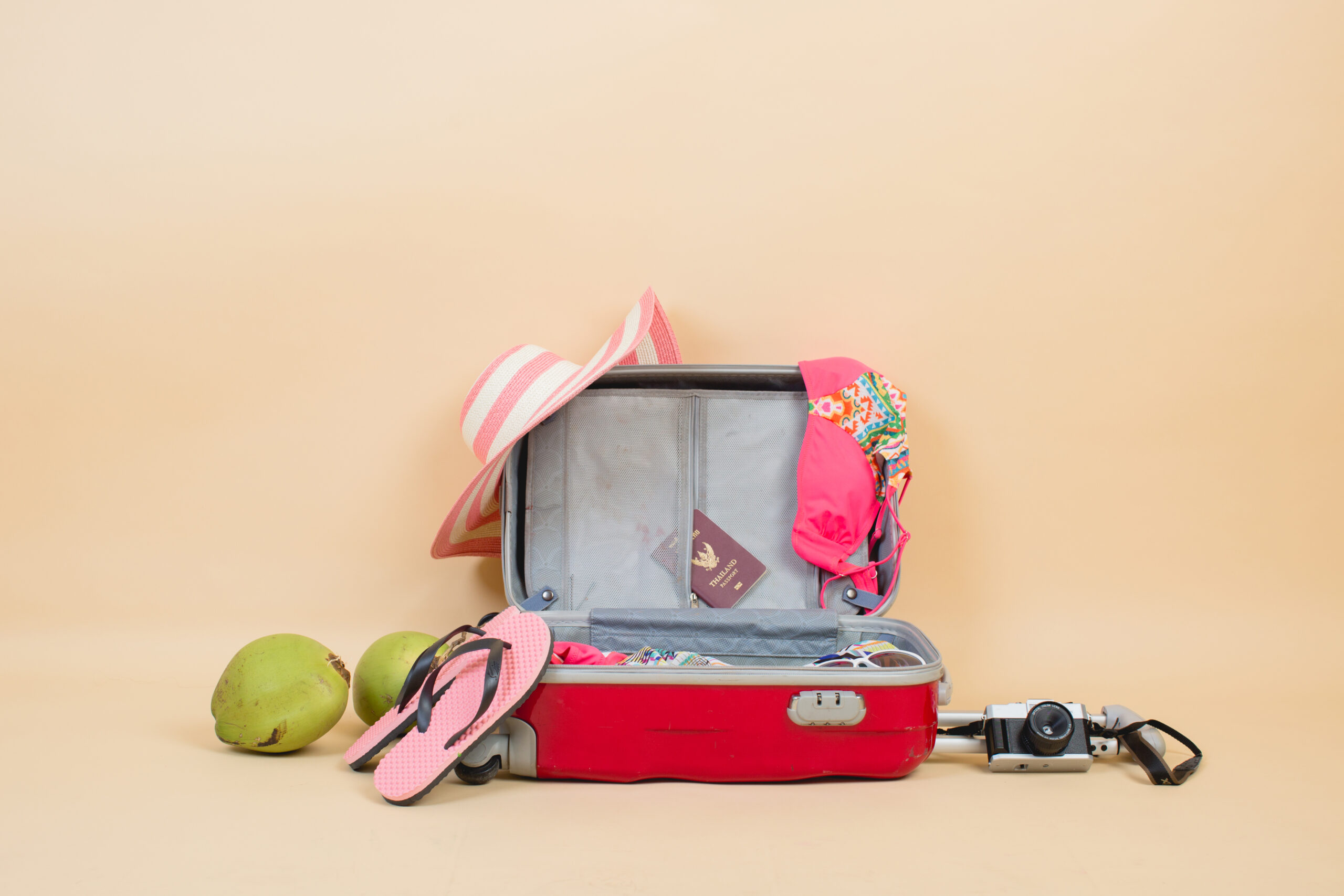
 Justyn Harrison
Justyn Harrison 



